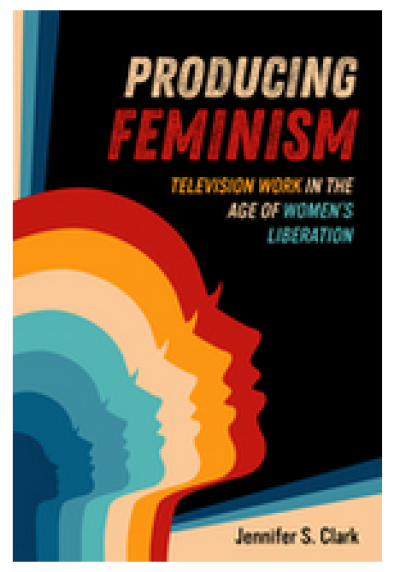Year
2018
Publisher
UCL Press
Type
BOOK
Category
Family & Relationships
Language
English
Pages
316
ISBN
978-1-78735-063-2
Last Update
09-Sep-2024
Keywords
SOCIAL SCIENCE / Feminism & Feminist Theory;FAMILY & RELATIONSHIPS / Education;SOCIAL SCIENCE / General;SOCIAL SCIENCE / Anthropology / General;SOCIAL SCIENCE / Anthropology / Cultural;SOCIAL SCIENCE / Sociology / General;SOCIAL SCIENCE / Women's Studies;SOCIAL SCIENCE / Gender Studies;SOCIAL SCIENCE / Essays;SOCIAL SCIENCE / Children's Studies
Related
See More
The Dictator's Dilemma at the Ballot Box

Producing Feminism, Television Work in the Age of Women's Liberation

Employer, Insurer, and Industry Perspectives on Patient-Centered Comparative Effectiveness Research

Elements of Success

Constructing and Representing Territory in Late Medieval and Early Modern Europe

Building Green